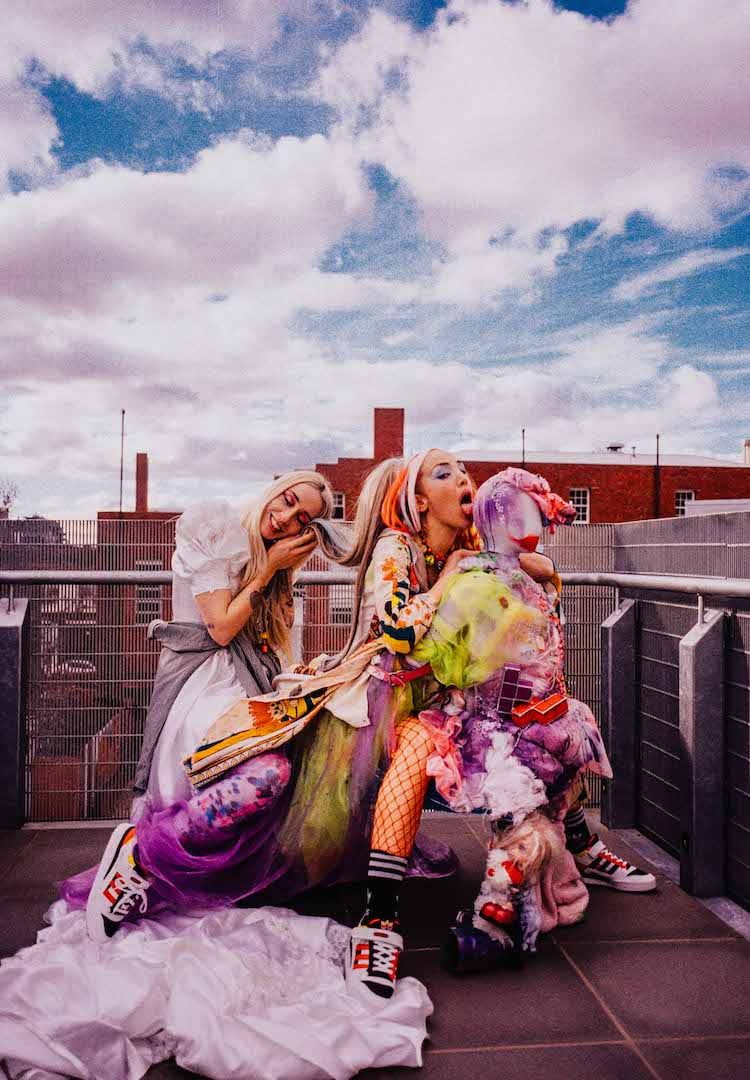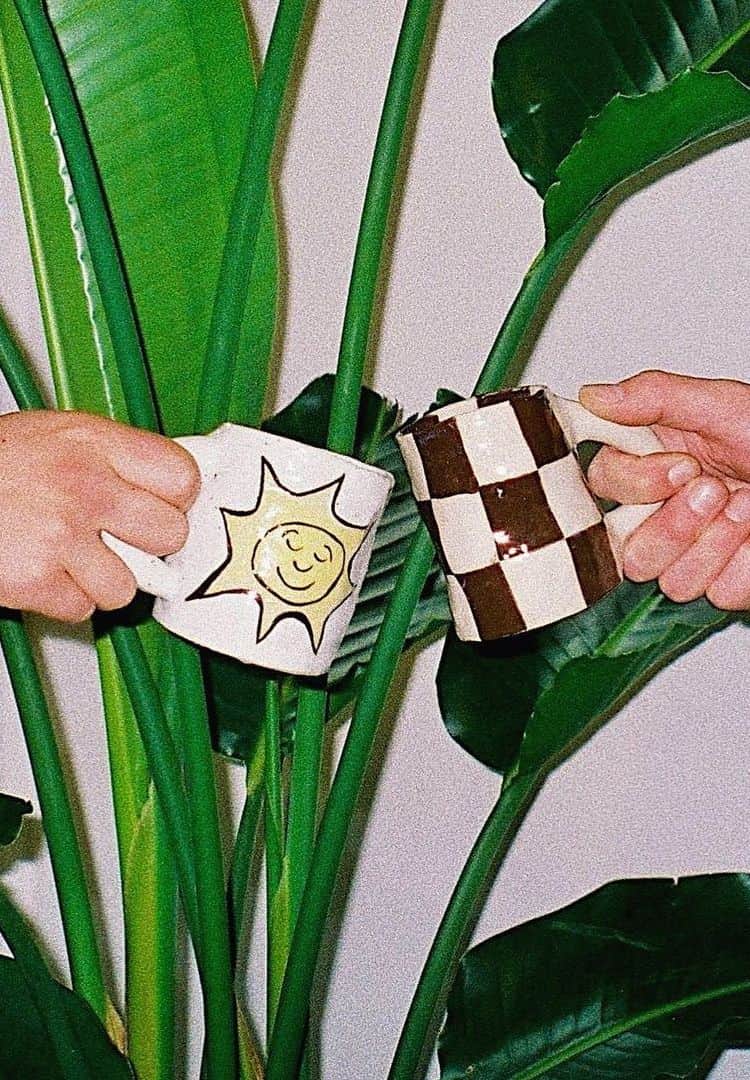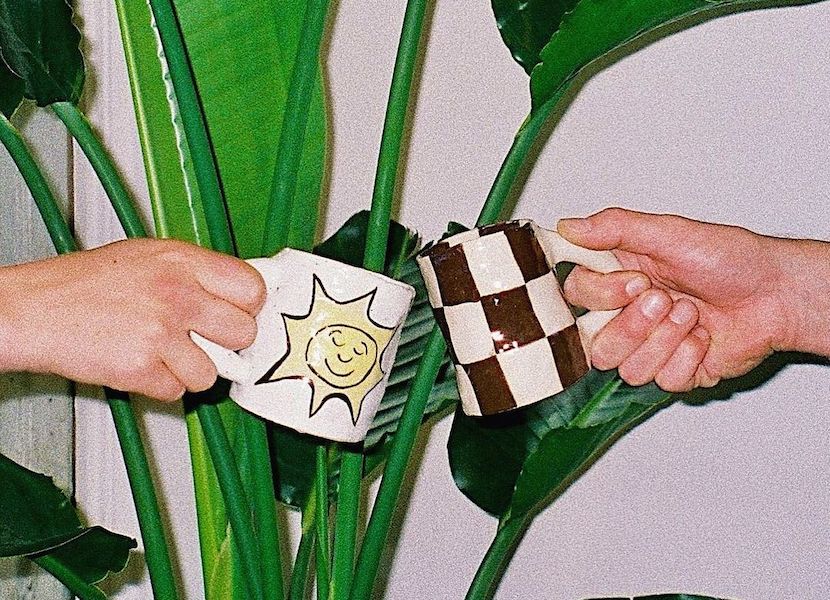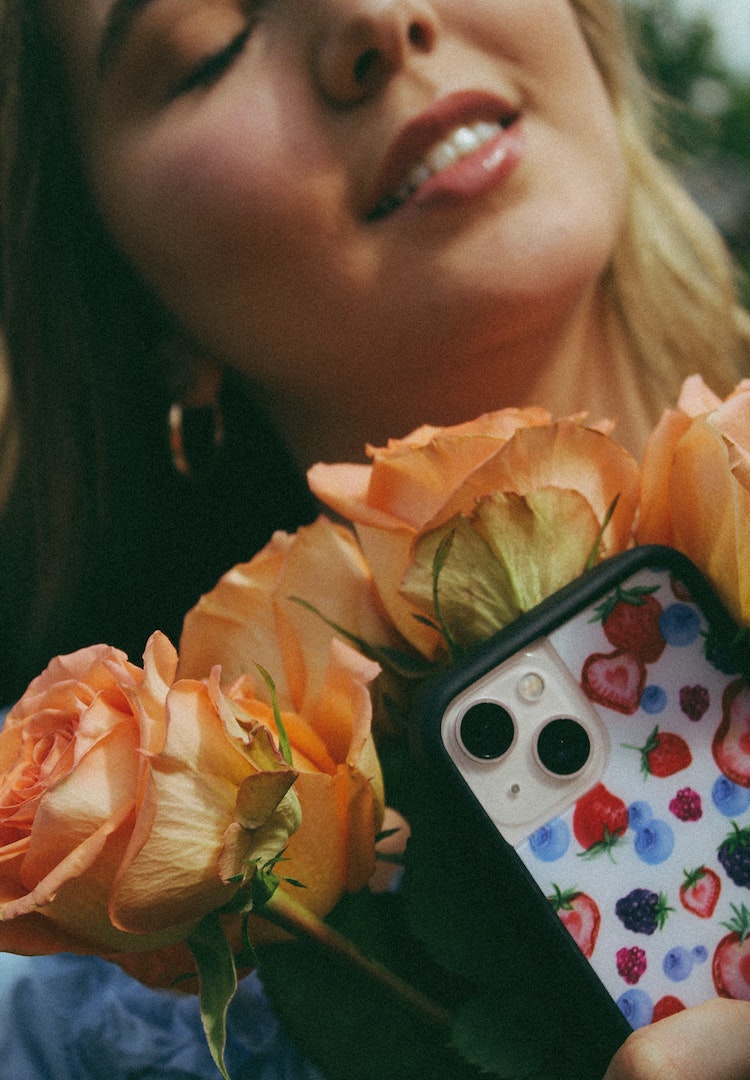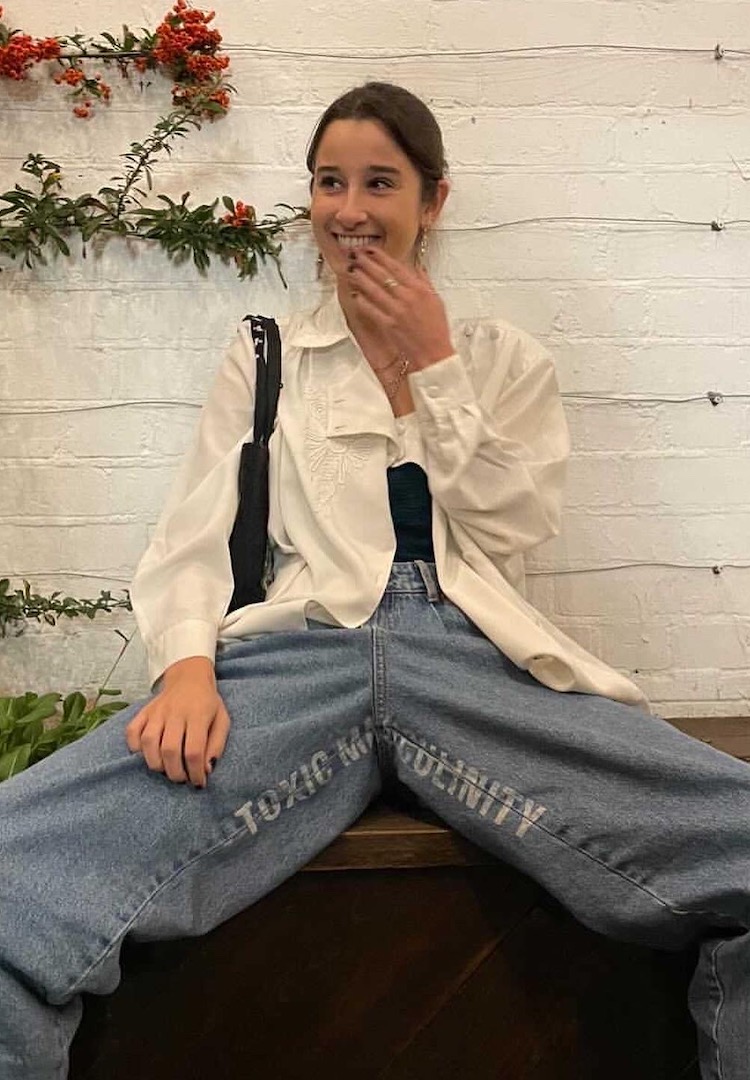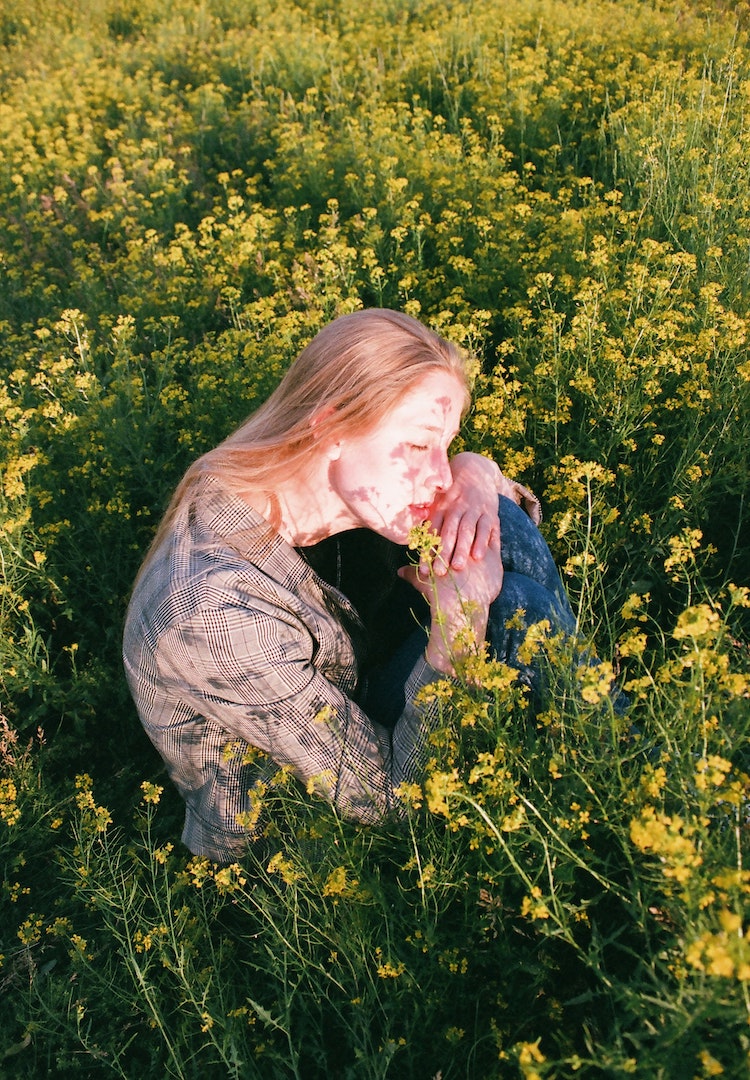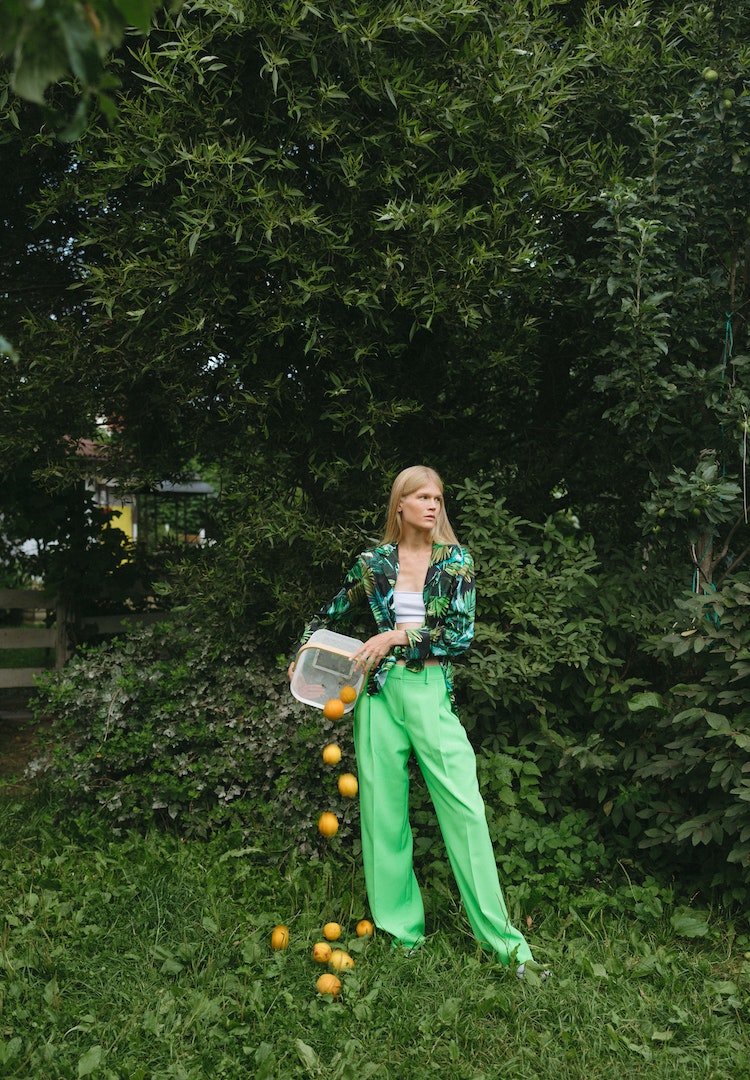Hear Me Out: Why believing in nothing is the key to a happy life
Image via @tremaobjects/Instagram
Words by Wendy Syfret
An exclusive excerpt on the wonders of a meaningless life from Wendy Syfret’s book, The Sunny Nihilist.
The search for meaning, in theory, is a noble pursuit. One that asks us to interrogate our choices, the treatment of others, what we value and prize, what we condemn and dismiss. Many people seek meaning through the service of others, the creation of art, the protection of nature. Most religions preach humility, poverty, taking responsibility for your fellow human. But glancing around, how often do we truly see those values in practice?
If we’re truly honest, more commonly the pursuit of meaning is selfish. It’s an opportunity to obsess over ourselves, to reroute the whole world directly to us and become the ‘absolute centre of the universe’.
For more content like this, tap through to our Life section.
A belief in our own specialness allows us to welcome a reality where our needs and feelings are the supreme priority. Where agonising over your appearance, purpose, moods, sleep patterns and diet isn’t obnoxious or self-obsessed. Instead, all this anointing and fawning over our minds, bodies, lives and habits is elevated to a near-religious act.
You’d hope that all this self-obsession would at least result in a level of pleasure. But the kicker is that the search for meaning through the endless examination and worship of ourselves is only making us feel worse.
As Richard Layard observes in Can We Be Happier?, the result of all this interminable self-care isn’t self- satisfaction. He notes, ‘We have told our young people that their chief duty is to themselves – to get on. What a terrible responsibility. No wonder that anxiety and depression are rising among the young. Instead, people need to get out of themselves – to escape the misery of self-absorption.’
Which brings us to one of the central challenges to any sunny nihilist. To ask: what if I’m not special? To gaze at a world carefully engineered by advertising, technology, religion, love, jobs and our parents to make us feel central and unique, and admit we are, just like everything else, meaningless.
After a lifetime spent in a strange diorama of self-obsession, you’d think that facing your own pointlessness would be an existentially traumatising process. But it doesn’t have to be. Ironically, in a reality constructed to make us feel significant, but which more often leaves us anxious and miserable, this reminder of our own insignificance offers a strange sense of peace.
Admitting that in the reach of all time our presence is meaningless eases fixations on legacy, ego and purpose. Allowing us to shift focus from ‘one day’ to the immediate moment, and take pleasure in the random existence we were wildly lucky to be gifted at all. But beyond offering a mindful break, or a check-in with our chronic self-obsession, this reduction of self leads to other deliberations. Namely, what do you do with the part of your brain that was formerly so singularly occupied with yourself?
Unfortunately the belief that nothing matters doesn’t free you from the need to participate in the exchanges of time, money and energy that make a society a society and not just a scramble of philosophers walking around wondering who is going to make lunch.
So when pondering how to spend said time, money and energy, sunny nihilism leads you to ask: if I don’t matter, and am therefore not the centre of everything and the priority, then what is? If I will be forgotten and lost to time, what will be remembered, at least for a little while?
The American poet Walt Whitman asked something similar in his 1882 collection Specimen Days & Collect, written during, and in the aftermath of, the Civil War. He posed the question: ‘After you have exhausted what there is in business, politics, conviviality, love, and so on − have found that none of these finally satisfy, or permanently wear − what remains?’
For Whitman, the answer was nature. He recognised it as something so much larger than himself that deserved the love and attention he might otherwise pour into more insular pursuits.
For each person, the answer is different. Personally, I’m with Whitman. Like many people of my generation, accepting the futility of my small life led me to deepen my commitment to environmentalism. Understanding that the only constant (at least until it’s absorbed by the sun in a few billion years) is the Earth itself, its protection becomes more important than any singular interests of mine.
I’d encourage you to try the exercise for yourself. If you accept that you don’t matter, your name, ego, reputation, family, friends and loves will soon be gone, how does the way you understand your own time, money and energy change? Maybe the process reframes your attention to things you hope will last for a little longer than yourself: nature, art, culture, institutions and causes you believe will benefit generations who’ve long forgotten your name. Or perhaps the question draws you back to that present moment: the small pleasures you can access today, the people you love, their right to feel safe, respected, well, heard.
This is an edited extract from The Sunny Nihilist by Wendy Syfret (Profile Books) RRP $34.99
You can buy your copy of The Sunny Nihilist here and learn more about Wendy here.

